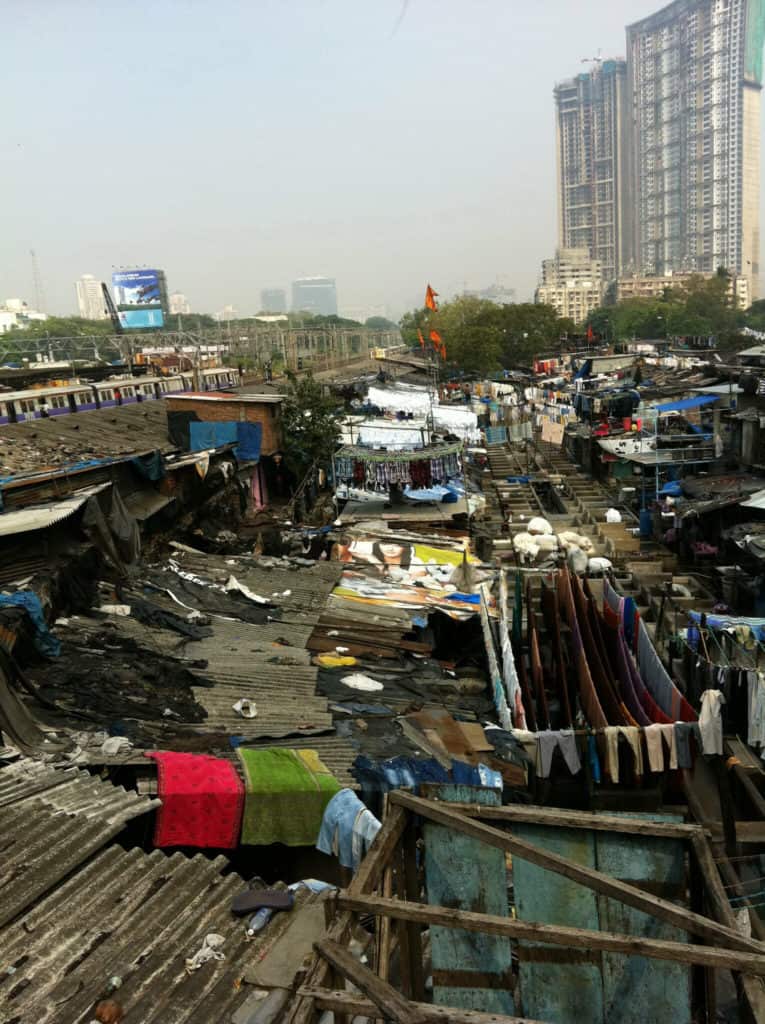Daily COVID-19 cases drop in Mumbai
After January 12th, the city has seen a 17% drop in in its daily COVID-19 cases.
The daily numbers in Mumbai have been a subject of debate, since doctors believe that the curve is flattening but authorities insist that the city is yet to experience the worst. Suresh Kakani, additional municipal commissioner, said that the next three-to-four days will decide whether the third wave is indeed declining in Mumbai.
Source: The Times of India
Reporting home-test results for COVID-19 now mandatory
Given the rise in home-testing in Mumbai, the Brihanmumbai Municipal Corporation (BMC) has now made it mandatory for citizens to report results. The civic body claims it was losing track of COVID-19 positive patients since home-testing increased, and hence, has instructed citizens to let authorities know when they test positive.
Under new guidelines, manufacturers and distributors of home testing kits are required to declare details about the number of kits sold to chemists and medical stores in Mumbai to the FDA commissioner and the BMC.
Source: NDTV
Random testing stopped at railway stations, beaches, markets
Following Indian Council of Medical Research’s (ICMR) announcement of new rules on January 10th, saying random testing for COVID-19 is not required, the BMC has stopped testing citizens at railway stations, beaches and markets. This has led to a drop in daily testing by 10,000.
The ICMR guidelines state that it is not necessary to test contacts of positive patients unless they are high-risk, based on age and comorbidity. Domestic passengers have been excluded from the mandatory testing category. In contrast, the secretary of the Maharashtra unit of the Indian Medical Association (IMA) said that there is a need to continue testing asymptomatic patients since they become silent carriers of the virus.
Source: Mid-day
Slums faring better than high-rises in the city
The densely populated slums of Mumbai have remained fairly untouched by the third wave of COVID-19, contributing around 20% of daily COVID-19 cases, compared to high-rises. During the first wave, slums reported some of the highest numbers in the city, presenting serious challenges to the BMC who struggled to curb transmission in these areas. A sero survey conducted after the second wave, that hit slums even harder than the first, suggested that the third wave would hit them again. But, three weeks since the third wave hit, and slums are reporting fewer cases than other parts of the city.
Source: Mid-day
Read more: NFHS-5 shows progress for sanitation in Mumbai, but do ground realities bear this out?

New chatbot by the BMC to make 80 services in the city more accessible
Chief Minister Uddhav Thackeray on January 14th launched the BMC’s new WhatsApp chat service that aims to make 80 different services in the city more accessible to citizens. Through the WhatsApp number 8999228999, information about all services will be easily available via a chatbot.
Mr Thackeray in his address said that Mumbai’s municipal corporation is now the first in the country to offer 80 services to its citizens. “As technology is advancing rapidly, we should consider how it can be used for giving more and more services to public…Mumbai is number one municipal corporation in the country, which has given more than 80 services to the citizens at their doorstep,” he said.
Source: NDTV